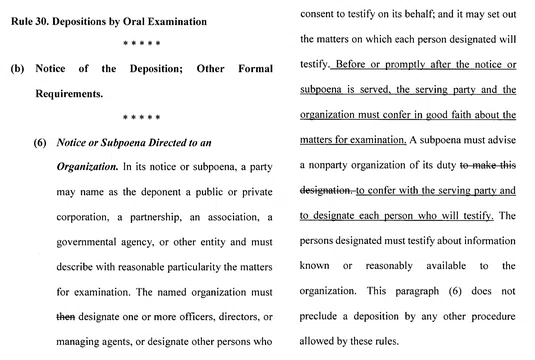Judge Andrews just issued some tough guidance for parties thinking about filing R&R objections in D. Del.
The entire order is worth a read, but the most interesting tidbit is in the first footnote. Magistrate Judge Burke issued an R&R on a motion to dismiss, where he recommended dismissing the plaintiff's indirect infringement claims (without prejudice) and denying the defendant's § 101 motion.
Judge Andrews wasted no time overruling the plaintiff's objection to the dismissal of its indirect infringement claims, noting that:
Plaintiff’s argument has no impact on this case; Defendant wisely did not waste paper filing a response.
Although Judge Andrews spent more time discussing the defendant's objections, he quickly dispatched several arguments that were raised only …








